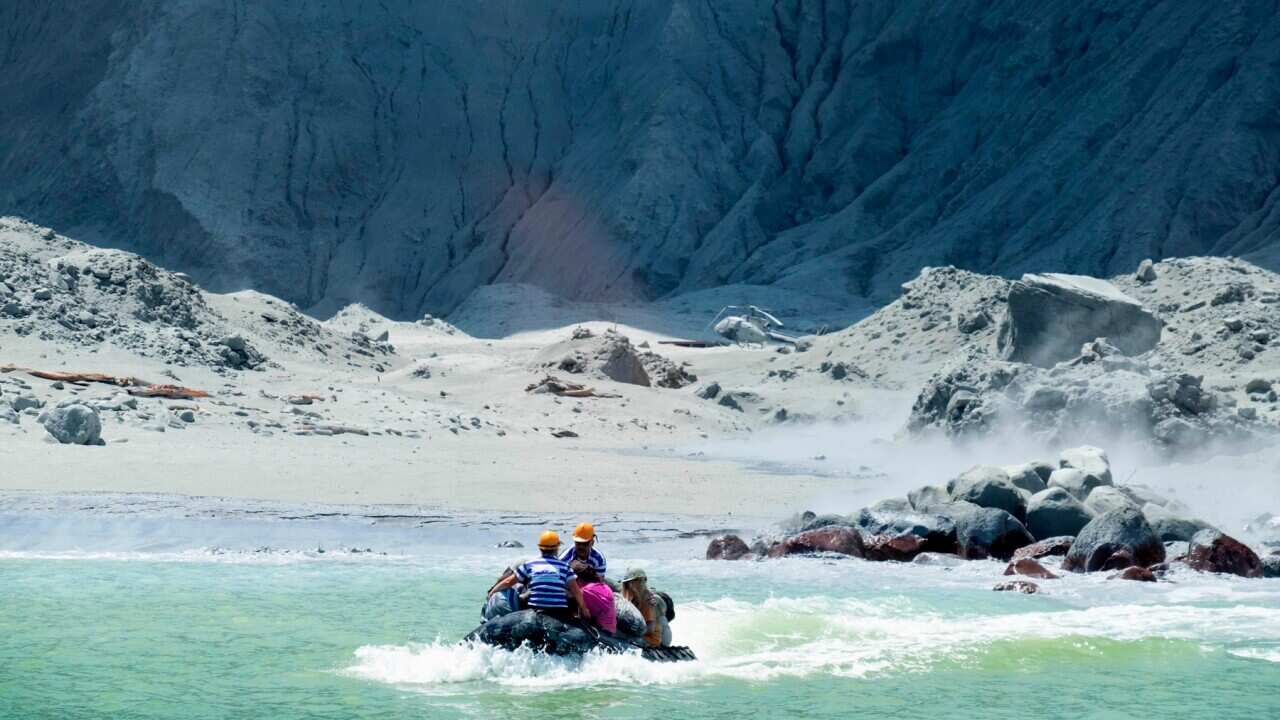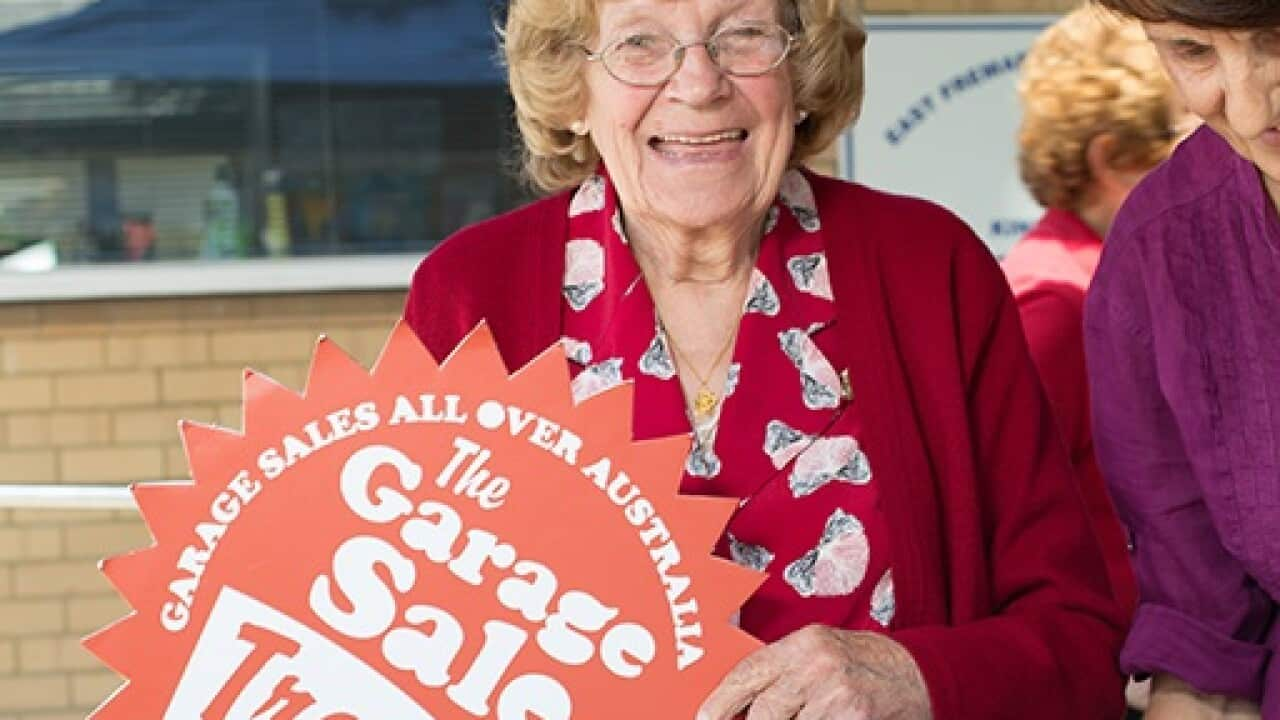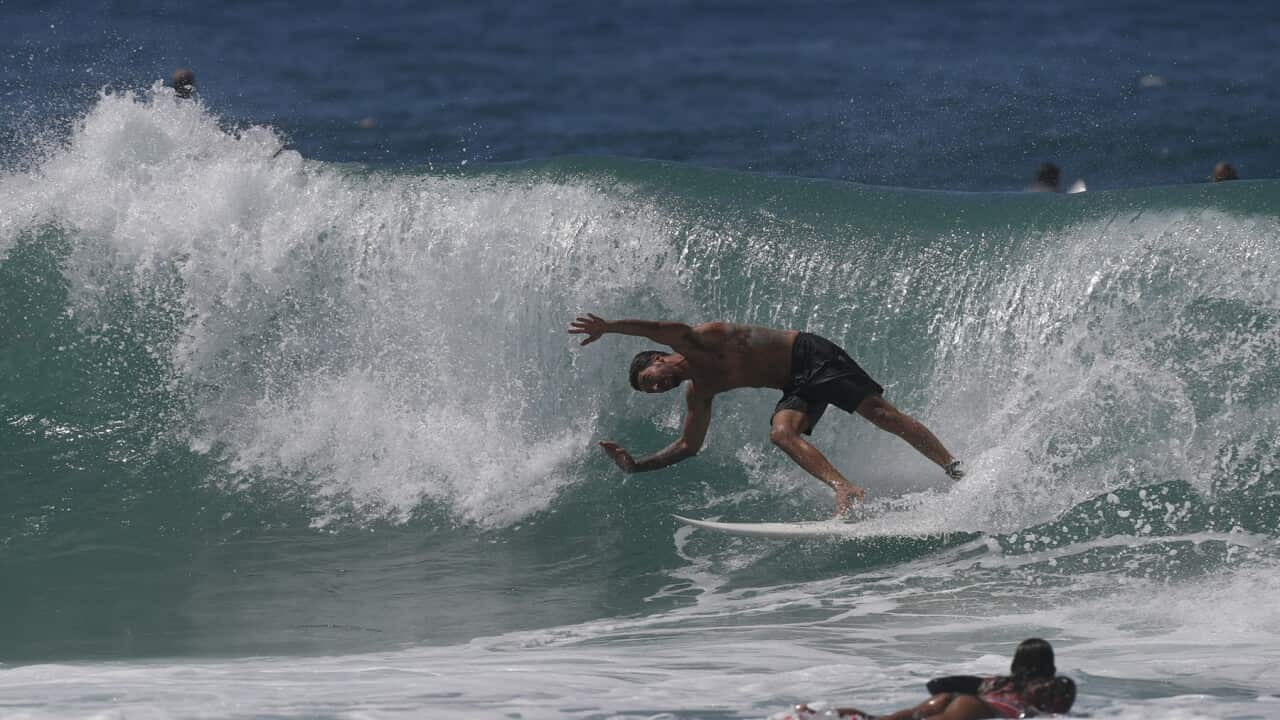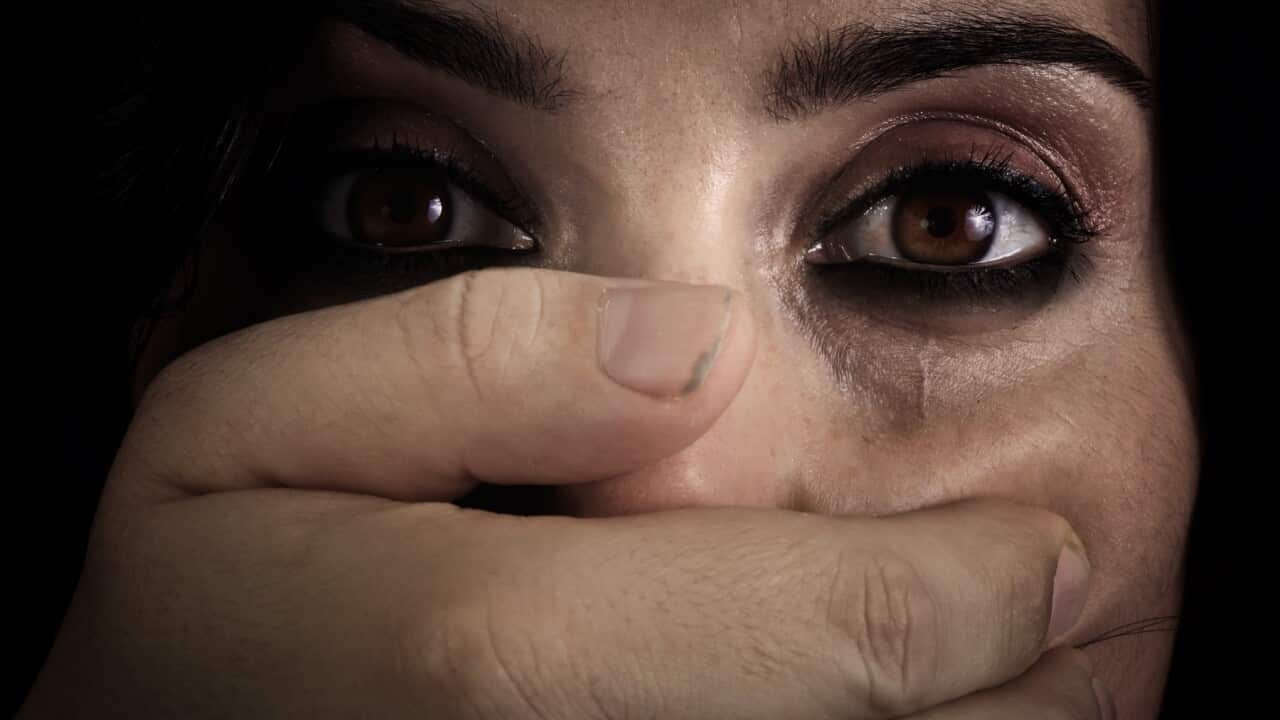Italian
L'eruzione di un vulcano in Nuova Zelanda che ha causato diverse vittime tra turisti e impiegati nel settore del turismo, ha messo in evidenza i rischi dei viaggi-avventura.
Durante una conferenza stampa, la prima ministra della Nuova Zelanda, Jacinda Ardern, ha parlato dell'imprevedibilità del vulcano che ha provocato le vittime.
"My understanding is that tourism operations have been undertaken there for several decades, up to 30 years. It has been a live volcano throughout that time, and at various times has been at level two, But it is a very unpredictable volcano."
Il professor Ross Dowling è Honorary Professor of Tourism alla School of Business & Law della Edith Cowan University e ha dichiarato che c'è stato un aumento nel numero di turisti che visitano vulcani attivi in tutto il mondo, nell’ambito della crescita del turismo-avventura a carattere geologico.
Il professor Dowling ha aggiunto che, nel caso delle predizioni delle eruzioni, la scienza non è esatta e che i turisti farebbero meglio a osservare a distanza i vulcani considerati attivi.
Secondo il professore, i turisti in visita a White Island sarebbero stati avvisati che il livello di attività del vulcano era classificato come alto, anche se il rischio di un’eruzione era remoto.
"By human nature we are very inquisitive and there will always be some people there who for them putting themselves at risk of putting themselves in danger is secondary to the thrill of being there. If it was more, my first reaction I am a Kiwi, I have studied geology. If you ask me from a distance what I would do, first thing I would say is it needs an immediate exclusion zone by sea and by air for at least 10 years until everything settles down."
Nel rapporto Consular State of Play per il 2018-2019, i numeri del ministero degli esteri mostrano che quasi 1700 australiani sono morti all’estero.
La gran parte di loro è deceduta per cause naturali, mentre 158 australiani sono morti a causa di incidenti.
Il dottor David Bierman, Senior Lecturer in turismo alla University of Technology di Sydney, sostiene che ci sono rischi collegati ad ogni tipo di turismo, soprattutto il turismo-avventura, anche se spesso questi pericoli sembrano remoti.
Secondo Bierman, se la definizione di turismo-avventura è oggetto di discussione, può comprendere qualunque tipo di turismo che faccia uscire dall'autobus ed esponga all'ambiente locale.
Bierman ha dichiarato che la ricerca condotta dall'Insurance Council of Australia e dal ministero degli esteri indica che i viaggiatori di ogni età, ma prevalentemente i giovani, sono attratti da luoghi con alcuni rischi potenziali.
"Whether we're talking about tubing down the Mekong River or taking motor bikes when they don't have a motor bike license in Thailand, sometimes some of our tourists probably take unnecessary risks. I think Australians more than many other countries are prepared to take a risk on a destination. In terms of the destinations that people love, a lot of Australians are probably by the fact that you can take a cheap holiday in certain parts of the world and are prepared to take to a certain extent the risk."
English
The eruption of a volcano in New Zealand which has claimed the lives of a number of tourists and tourism workers, has highlighted the risks of adventure tourism.
At a press conference New Zealand Prime Minister Jacinda Ardern talked about the unpredictability of the volcano that caused the deaths.
"My understanding is that tourism operations have been undertaken there for several decades, up to 30 years. It has been a live volcano throughout that time, and at various times has been at level two, But it is a very unpredictable volcano."
Professor Ross Dowling is Honorary Professor of Tourism in the School of Business & Law at Edith Cowan University says there has been an increase in the number of tourists visiting active volcanoes globally, as part of a growth in adventure and geological tourism.
Professor Dowling says in the case of of predicting volcanic eruptions, the science is not perfect and tourists would be better off viewing a volcano deemed active from a distance.
He says tourists visiting White Island would have been warned the volcano's activity level was classified as high, even if the risk was remote of an eruption occurring.
"By human nature we are very inquisitive and there will always be some people there who for them putting themselves at risk of putting themselves in danger is secondary to the thrill of being there. If it was more, my first reaction I am a Kiwi, I have studied geology. If you ask me from a distance what I would do, first thing I would say is it needs an immediate exclusion zone by sea and by air for at least 10 years until everything settles down."
In its Consular State of Play report for 2018-2019, Department of Foreign Affairs figures show close to 1700 Australians died overseas.
The vast majority were due to natural causes with 158 Australians dying as a result of an accident.
Dr David Bierman, a Senior Lecturer in Tourism at the University of Technology in Sydney says there are risks with all types of tourism especially adventure tourism, even if those risks often seem remote.
He says while the definition of adventure tourism is up for debate it can include any type of tourism that will take you beyond the coach, and expose you to the local environment.
Dr Bierman says research produced by the Insurance Council of Australia and DFAT shows travelers of all ages, but mainly younger people are attracted to places with some potential dangers.
"Whether we're talking about tubing down the Mekong River or taking motor bikes when they don't have a motor bike license in Thailand, sometimes some of our tourists probably take unnecessary risks. I think Australians more than many other countries are prepared to take a risk on a destination. In terms of the destinations that people love, a lot of Australians are probably by the fact that you can take a cheap holiday in certain parts of the world and are prepared to take to a certain extent the risk."
Report by Peggy Giakoumelos




